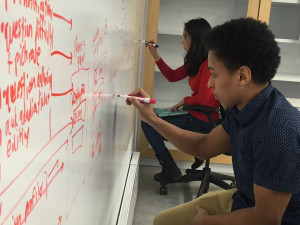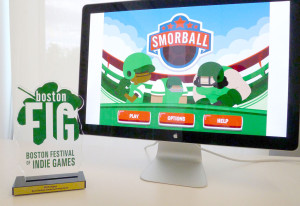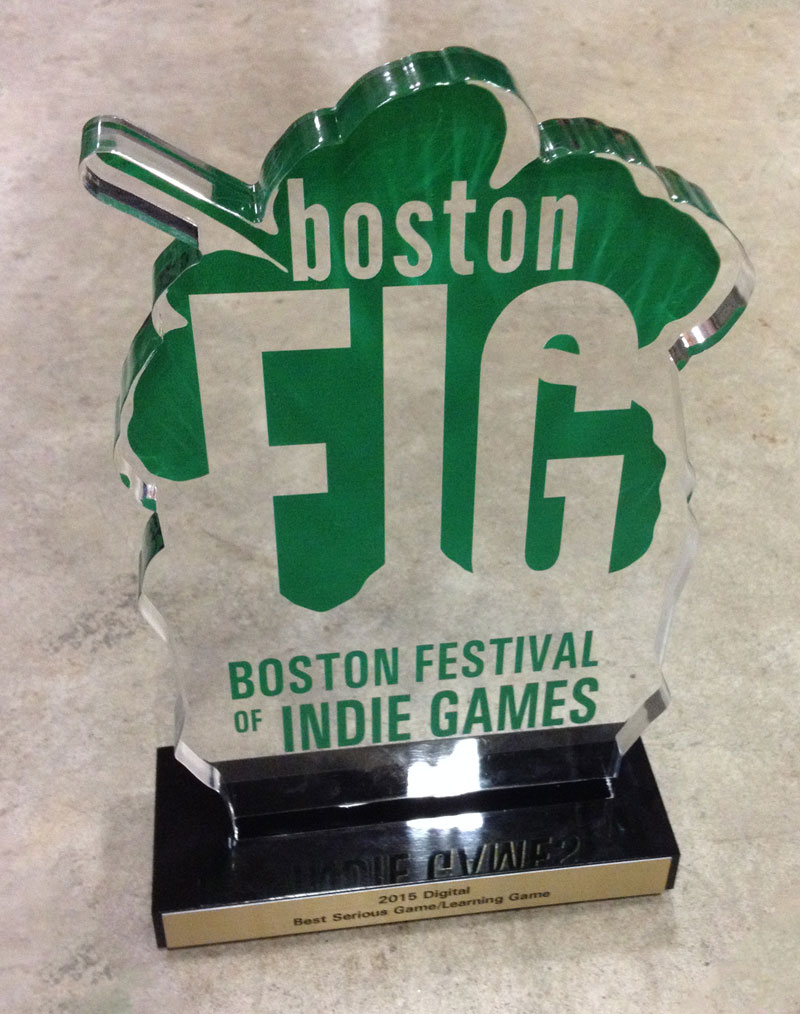Massive interest in our reading research!
Our new research studies published in the paper “High-Low Split” at #chi4good this year show that users demonstrate different types of psychological construal using digital screens– that is, a focus on concrete details (low level construal) as opposed to “big picture” thinking (high level construal), and media is very very interested in this research. This May our work has been covered in publications such as The Daily Mail, The Washington Post, Psychology Today, Fox News, Entrepreneur.com, and many news outlets in India, such as the Economic Times and Hindustan Times.











